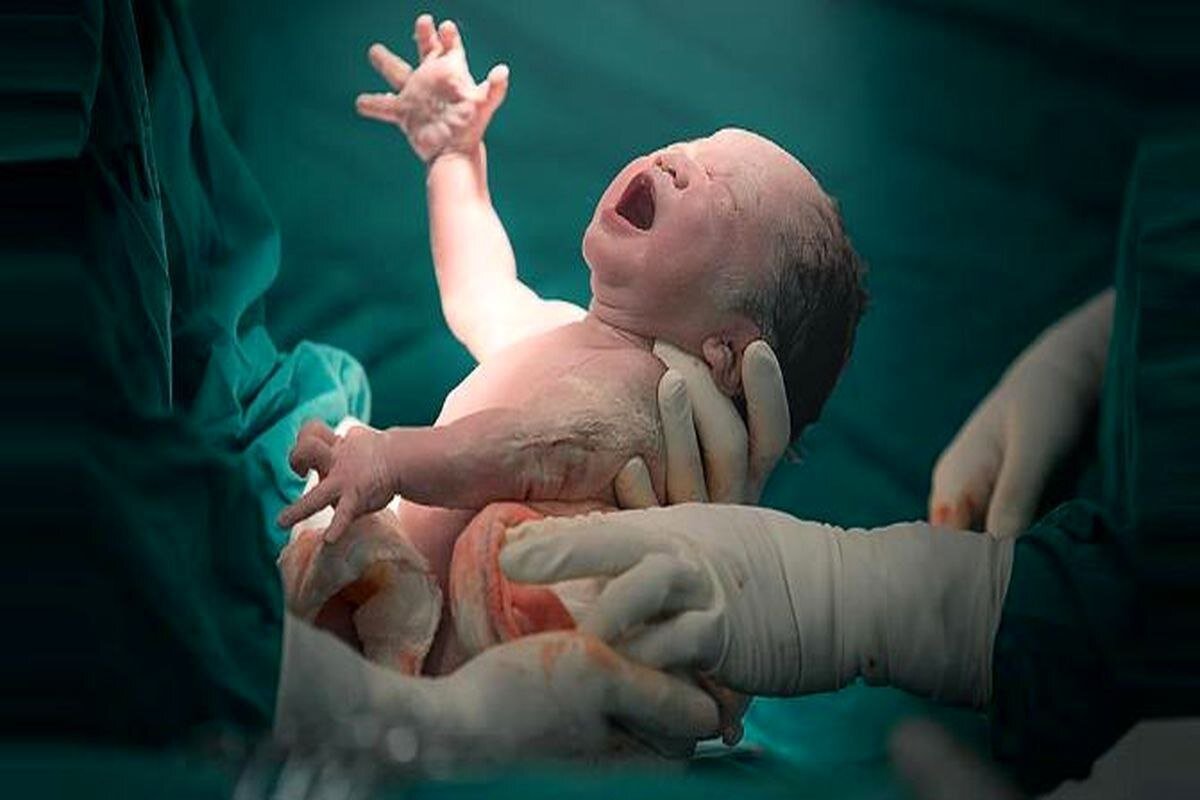UNFPA lauds Iran’s efforts in reducing maternal mortality

TEHRAN – The United Nations Population Fund (UNFPA) representative in Iran has commended the country’s health system measures in lowering the mortality rate ratio by 63 percent, from 43 deaths per 1000 live births in 2000 to 16 deaths in 2023.
“For sure, this great achievement is mainly due to Iran’s primary health care network, incorporating prenatal and postnatal care into its systems as well as services offered by nurse aides, health experts, and midwives,” IRNA quoted Ayna Seyitliyeva as saying.
The official made the remarks on Tuesday on the occasion of the International Day of Midwife, which is observed annually on May 5.
Midwives play a vital role in realizing women’s access to quality health services as a human right. They play a key role in promoting maternal and newborn well-being and contribute to the substantial reduction in deaths from preventable causes during pregnancy and postpartum, Seyitliyeva noted.
“Despite progress made, the situation remains critical in some regions due to inequalities where women are twice or even more in danger of losing their lives because of complications from pregnancy and childbirth. The same thing applies to Iran, as the highest mortality rate is observed in less developed regions in provinces like Sistan-Baluchestan,” she added.
Highlighting that inadequate care accounts for half of maternal deaths, Seyitliyeva said UNPDA will continue to support Iran in implementing policies aimed at improving maternal health, obstetric services and reducing maternal mortality.
Intl. Midwives Day
The world is grappling with an unprecedented number of complex crises, including natural disasters, wars, and the ongoing consequences of climate change, which disproportionately affect women and girls in families, exposing them to greater risks such as pregnancy complications and gender-based violence, while limiting their access to essential health services.
Midwives can provide up to 90 percent of sexual, reproductive, maternal, newborn, and adolescent health (SRMNAH) services, even in humanitarian crises.
With minimal resources and equipment, midwives are able to provide safe births and antenatal and postnatal care in crisis situations, provide childbearing services, reproductive health, and comprehensive prenatal care, and support for survivors of gender-based violence.
They support breastfeeding mothers and ensure that babies receive safe, healthy, and reliable nutrition, educate the affected community, and equip them with the knowledge and tools to stay safe and healthy in times of crisis.
Despite midwives’ critical role in health systems to prepare for and respond to crises, they are often not valued and are excluded from crisis preparedness and response efforts.
International Day of the Midwife is an annual event that celebrates midwives and their vital role in ensuring safe childbirth and maternal care.
The day also emphasizes the importance of midwifery in promoting healthy pregnancies, empowering women to make informed choices about their care, and ensuring that all women have access to skilled birth attendants.
This year’s theme, ‘Midwives: Critical in Every Crisis’, reflects a challenging reality. Midwives serve in fragile health systems, in conflict zones, through natural disasters, and pandemics. In many cases, they are the only providers of sexual and reproductive health services in their communities.
MT/MG
Leave a Comment